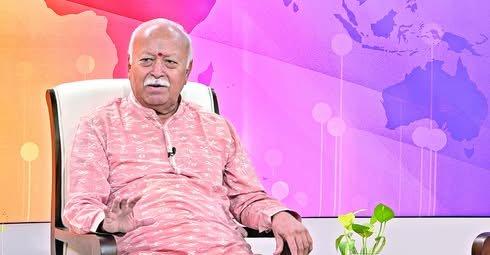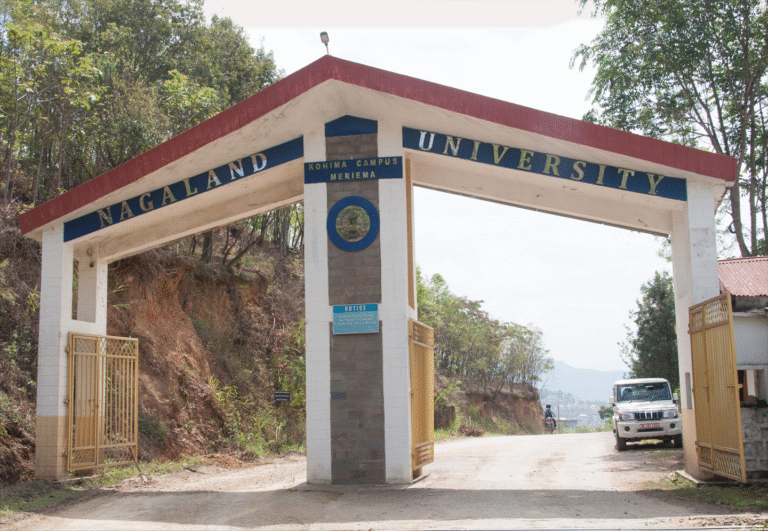Bhagwat Flags Commercialization of Education, Says Learning Must Remain Rooted in ‘Seva’

EduNe Bureau
Rashtriya Swayamsevak Sangh (RSS) chief Mohan Bhagwat has voiced concern over what he sees as the growing commercialization of India’s education sector, warning that the shift from a service-oriented ethos to profit-driven motives has made quality learning increasingly unaffordable for ordinary citizens.
Speaking in Indore at the inauguration of a new facility recently, Bhagwat said that education, once provided with the spirit of seva (service), is now often priced beyond the reach of the common man.
“Everyone feels the need for education, but it is out of the reach of the common man’s financial abilities. Educational institutions are increasing, but they are now beyond the capabilities of the ordinary person. Earlier, they were provided with the intent of ‘seva,’ but now they have been commercialized,” he remarked.
Bhagwat linked this trend to centralization, saying that earlier, each province had dozens of accessible learning centres, whereas today students are forced to travel far from home. “Earlier, there used to be 70–70 educational centres in each province; people sent their children there, and they got an education. Now, students have to go far away,” he said, adding that such distances add not just tuition costs but also living expenses.
The RSS chief framed the problem as one of societal values, contrasting Western individualism with India’s traditional emphasis on collective upliftment. “The West says ‘survival of the fittest.’ Here in India, the capable ones revive everyone. CSR (Corporate Social Responsibility) is a technical term; the term we have for this is Dharma — shouldering our social responsibility. Dharma connects and elevates society,” he said.
He also quoted a Sanskrit verse to underline the link between education, humility, and social good: Vidya Dadati Vinayam, Vinayam Yati Patratam, Patratvad Dhanam Aapnoti, Dhanat Dharmam Tato Sukham — meaning that true knowledge brings humility, which leads to worthiness, then wealth, and finally to dharma and lasting happiness.
Bhagwat’s comments come at a time when education costs in India — especially in private institutions — have risen sharply over the past two decades.
According to government data, average household spending on education has more than tripled since 2008, with rural families increasingly taking loans to send children to school or college. Critics argue that the marketisation of education risks deepening inequality, while defenders say that private investment has expanded opportunities and improved infrastructure.



